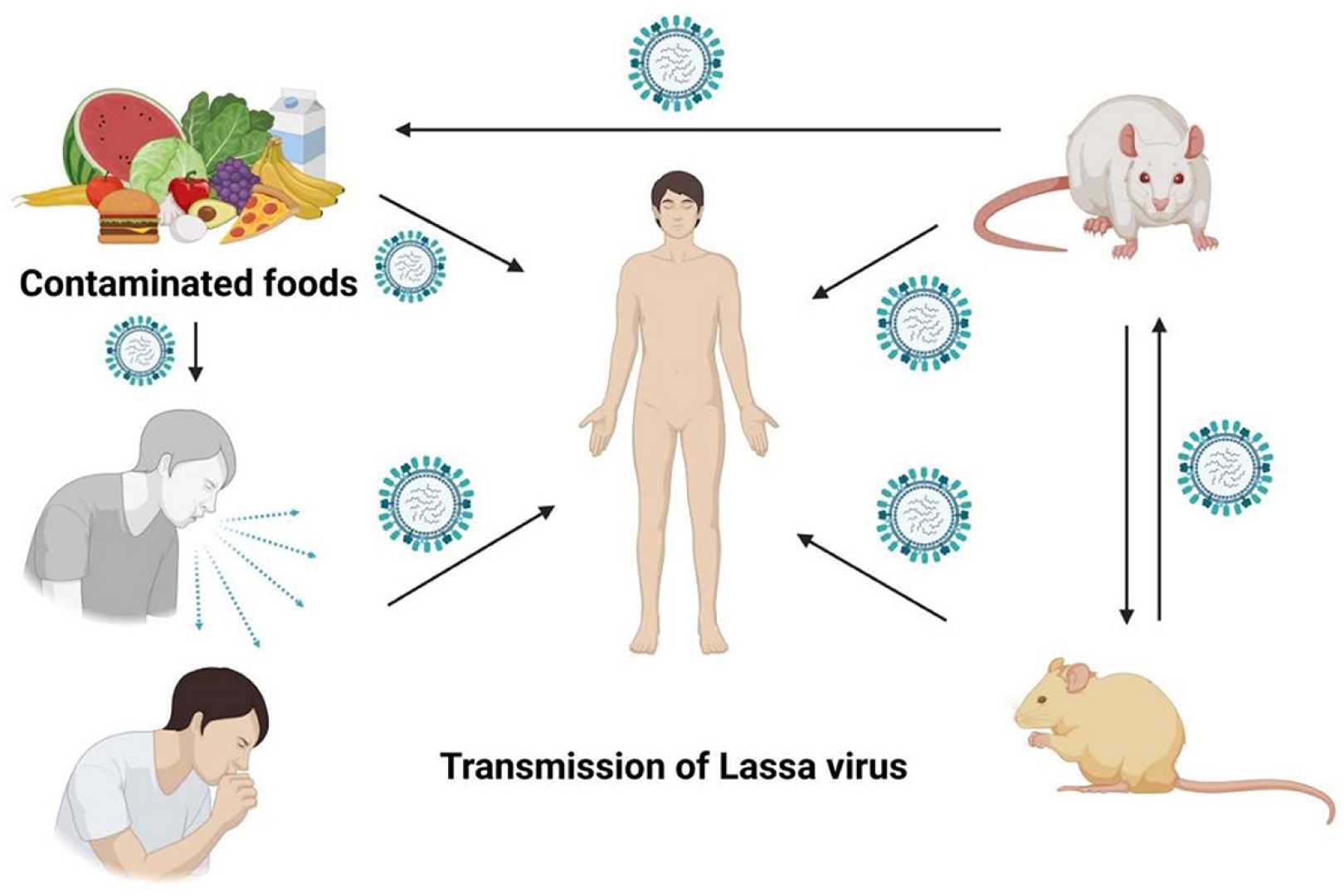Health
Iowa Resident Dies from Suspected Lassa Fever After Travel to West Africa

Health officials in Iowa and the U.S. Centers for Disease Control and Prevention (CDC) are investigating the death of a middle-aged Iowa resident suspected to be caused by Lassa fever, a viral disease rarely seen in the United States. The individual had recently returned from West Africa at the beginning of this month and did not exhibit any symptoms during the travel, leading officials to declare that the risk to fellow airline passengers is “extremely low”.
The patient was hospitalized in isolation at the University of Iowa Health Care Medical Center, where they died earlier this afternoon. Initial testing by the Nebraska Laboratory Response Network indicated a presumptive positive result for Lassa fever, with confirmatory testing planned.
Lassa fever is a viral disease common in West Africa, transmitted to humans primarily through contact with the urine or droppings of infected rodents. In rare cases, it can be transmitted from person to person through direct contact with a sick person’s blood or body fluids, via mucous membranes, or through sexual contact. The virus is not spread through casual contact, and patients are not believed to be infectious before symptoms begin.
If confirmed, this case would mark the ninth known occurrence of Lassa fever in travelers returning to the United States from areas where the disease is commonly found since 1969. The CDC is supporting state and local public health officials in Iowa to learn more about how the patient may have contracted the virus, with early information suggesting possible contact with rodents in West Africa.
Health officials are working to identify people who had contact with the patient after the onset of symptoms. Those identified as close contacts will be monitored for 21 days. Symptoms of Lassa fever can be mild and include fever, fatigue, and headaches, but can also include more severe symptoms such as vomiting, respiratory difficulties, facial swelling, and pain in the back, chest, or abdomen.












